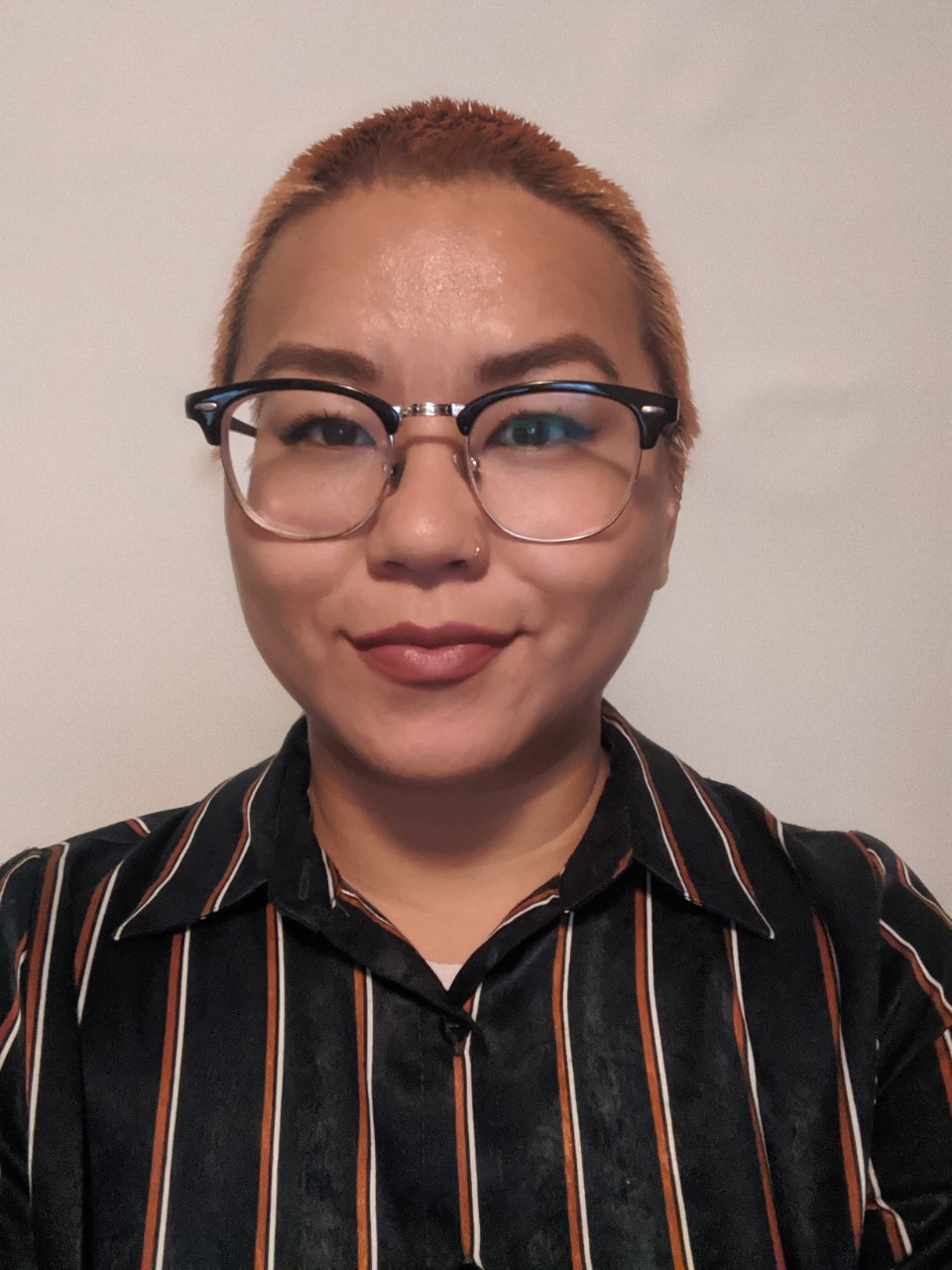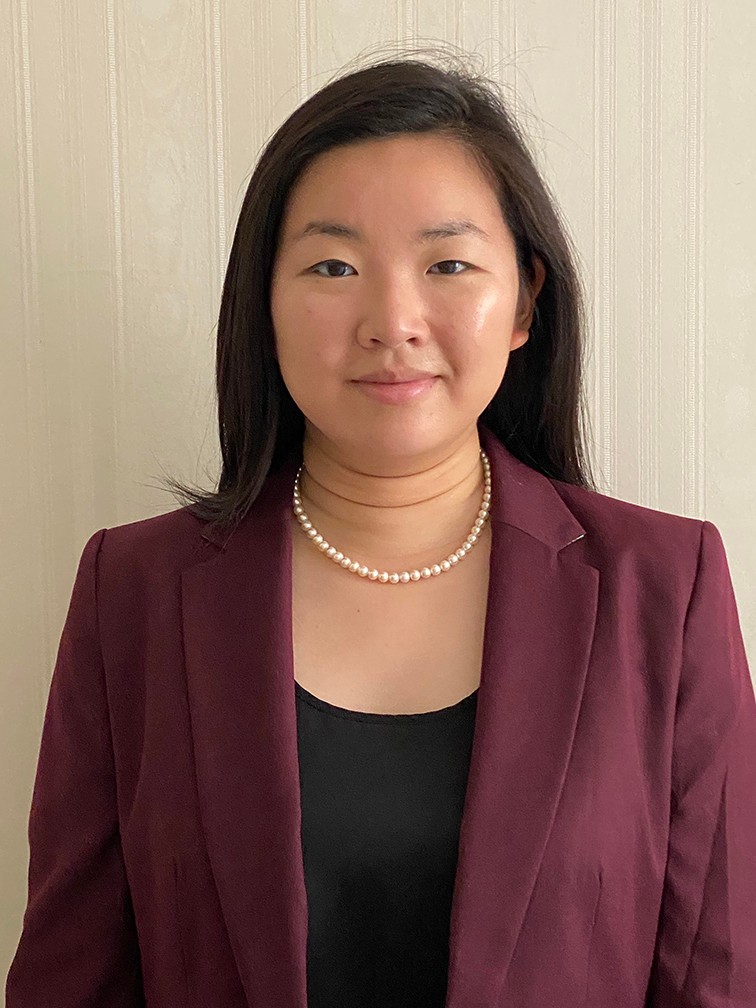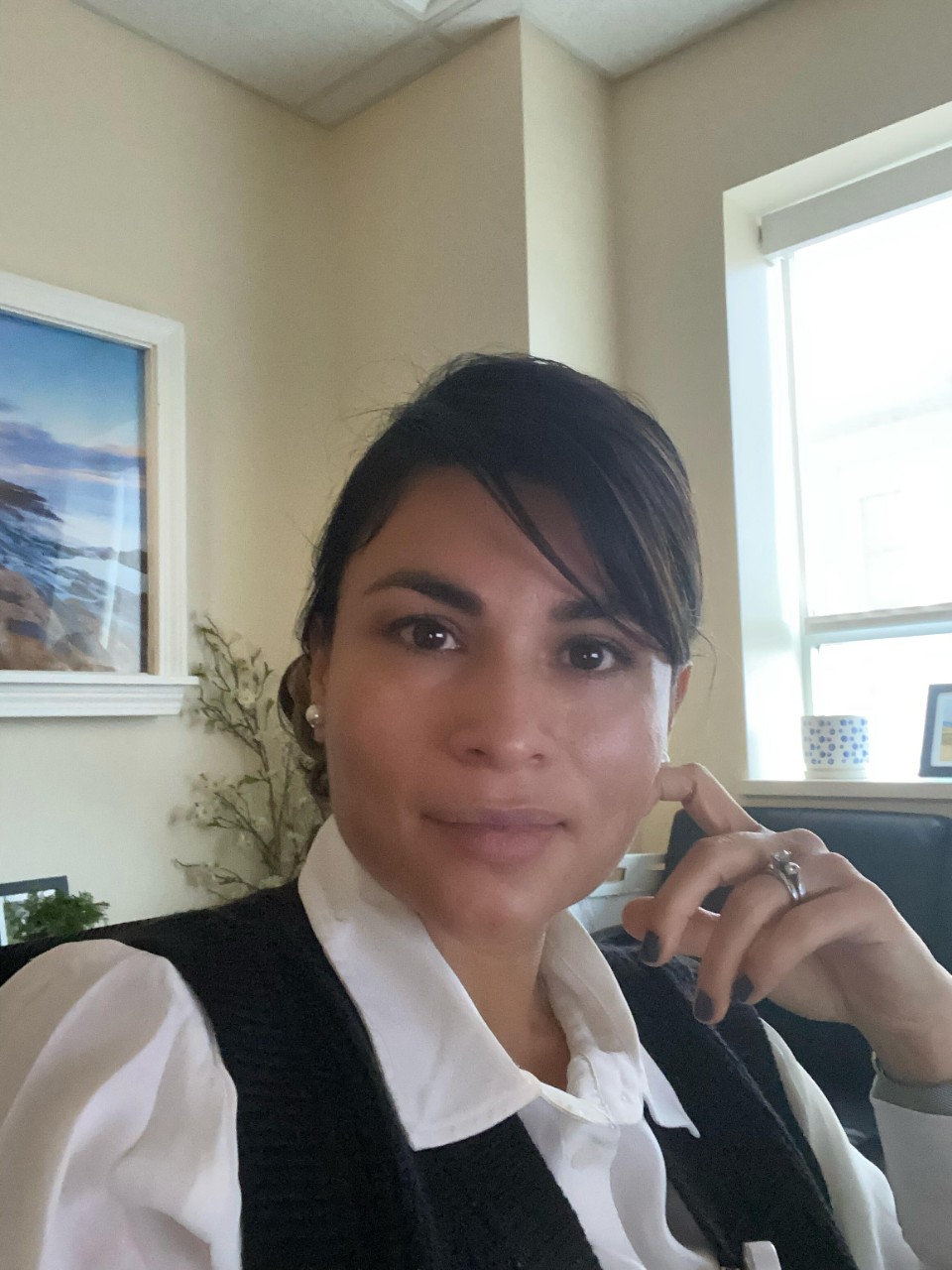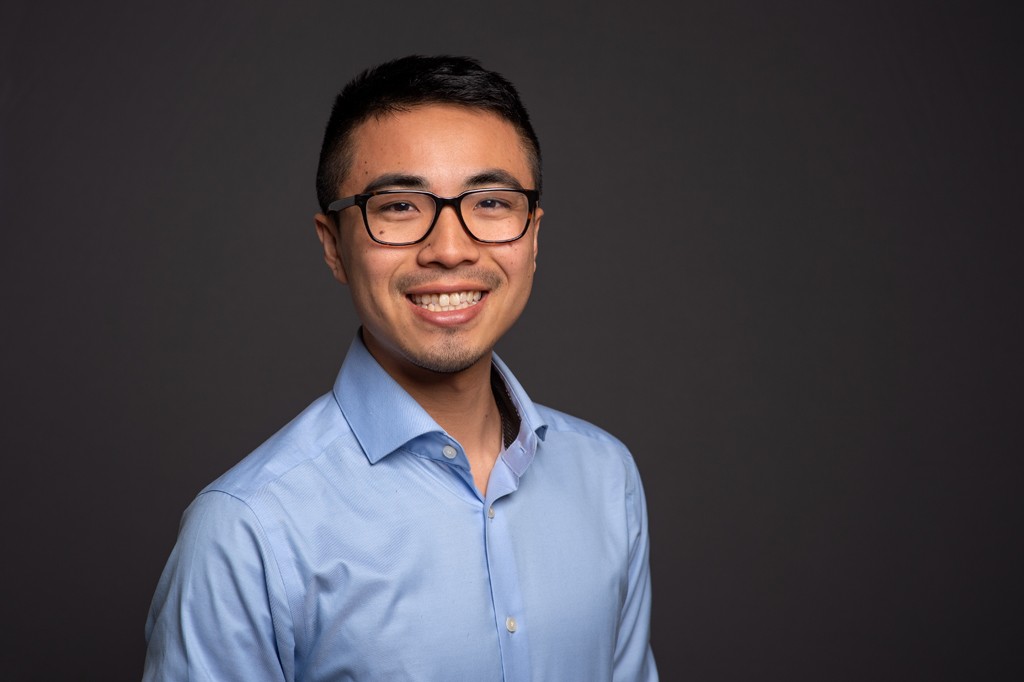
Photo by iStock
“You can be OK with who you are at the moment. You don’t always have to keep striving.”
That is one of the messages that Maihnia Lee has learned to embrace as a social work intern at the Dimock Community Health Center in Roxbury, Massachusetts, where she provides behavioral therapy to adults who have misused drugs, witnessed acts of violence in their neighborhood, and struggled to pay the bills.
“When I first started, I was pushing myself to improve and I was putting that on my clients as well,” says Lee, a second-year student in the Boston College School of Social Work. “It was like, how much progress are we making? Are we better this time than last time? And I really had to stop.”
Now, three months into the internship, she recognizes the value in “seeing someone for their full self and their humanity.” She listens to the stories of her clients, many of them Spanish-speaking immigrants, and gives them the time and space to process their feelings.
“I’m really just giving them space to talk through their issues and seeing the humanity in them,” she says. “Just recognizing that and giving them that space to be like, ‘it’s OK to feel those things.’
“I feel really humbled to be able to listen to these people’s stories,” she adds. “I’m essentially a stranger to them, and they’re spilling all of these really deep things that they keep inside.”

Maihnia Lee
Lee owes this transformative experience to her participation in the Behavioral Health Internship Pipeline Program, which aims to attract social workers, mental health counselors, and family therapists to community health centers that cater to underserved populations.
She is one of eight graduate students in Massachusetts—and one of four M.S.W. students at BC alone—who have received $15,000 to intern at community health centers in the state during the 2021-2022 academic year.
Lee says that the program, administered by the Massachusetts League of Community Health Centers in partnership with the Mass General Brigham healthcare system, has strengthened her desire to work with people of color.
“I’m a person of color and I know the struggle of trying to find a therapist who reflects aspects of yourself,” she says. “I definitely would like to continue to work within this population.”
Her peers in the program echo her sentiments, saying that their experiences have shaped their career paths, sharpened their skills as social workers, and provided a platform to practice what they have learned in the classroom.

Catherine Yang
Catherine Yang says she uses the concepts she learned in a class called “Adult Psychological Trauma” to help her clients at North End Waterfront Health in Charlestown feel safe. Many of them, who range in age from 12 to 30, struggle with anxiety, depression, and trauma rooted in familial strife.
“I try to have clients experience deeper senses of safety before we move into more emotional work,” says Yang, a second-year student who belongs to the school’s Latinx Leadership Initiative, which prepares students to work with Latinx clients. A crucial part of her strategy, she says, is “bringing them to the present moment so that they can feel safe in their bodies and in their environments when they’re triggered or stressed.”
The work appears to be paying off. Yang says that some of her clients have told her that they feel more relaxed at home, noting that they have used techniques learned in therapy to relieve their anxiety.
“I really enjoy connecting with the patients and seeing them grow and finding moments of empathy and human connection,” she says.
After graduating from BC next year, Yang sees herself working in a community health center. She says she is particularly interested in meeting the needs of culturally diverse clients, adding that “every patient is different and really complex.”

Yorlady Corredor-Purcifull
Yorlady Corredor-Purcifull uses Spanish to connect with her Latinx clients at the Lynn Community Health Center. But when she moved from Colombia to the U.S. in 2000, without knowing a single word of English, she never thought she would be able to use her first language and a bicultural perspective to serve her community.
Now, she says, she realizes the need for social workers who speak multiple languages and understand multiple cultures. After she graduates next year, she wants to find a full-time position that harnesses the power of her bilingual and bicultural skills, whether that means working with children and families or getting into public policy.
“The United States is becoming more diverse every day,” says Corredor-Purcifull, a second-year student who belongs to the LLI. “Because of this, the demand for bilingual and bicultural services is increasing.”
She praises the LLI for giving her the tools “to work with immigrant communities and correct systematic inequalities.” And her work with clients, who range in age from 5 to 60, has helped her in the classroom, providing a crucial lens through which to see her assignments.
“We need the perspective of real-life patients,” she says. “When I am in the classroom, I always question if the information is functional, necessary, evidence-based, culturally appropriate, and not oppressive for the community where I work.”

Taiga Guterres
Taiga Guterres, another member of the LLI slated to graduate in May, says a course called “Social Services with Latinx Populations” has informed his work at the Mass General Hospital Chelsea Healthcare Center.
His job includes running group therapy sessions for Latinx parents of LGBTQ youth, whom, he says, often struggle to reconcile their religious beliefs with the gender identity of their children. The sessions frequently focus on the concerns of the parents, who worry about the health, safety, and behavior of their kids, and Guterres often finds himself assuaging their fears.
“I’m able to bring conversations I’ve already had in the classroom into other people’s cases or my own,” says Guterres, who is pursuing the M.S.W./M.A.dual degree program in social work and theology and ministry. “The LLI,” he adds, “has really taught me to have a culturally sensitive approach to the work and to view mental health from that aspect.”
Guterres applies this approach to his work with 10 individual clients, many of whom are young, Spanish-speakers who fled to the U.S. to escape violence in their home country. He says he often helps them cope with the stress related to the upheaval, focusing on how they can incorporate their strengths and resiliency into their daily lives.
“We don’t want to negate any of their own identities. We want to see them as strengths and integrate them into their lives now,” he says. “I think a big part of what I do is seeing how their identities can be integrated rather than pushed out.”
Guterres, who serves as the assistant director of the Institute for Advanced Jesuit Studies at BC, notes that his internship has strengthened his understanding of the interplay between faith and mental health. He says he seeks to care for the whole of his clients, invoking the Latin phrase “cura personalis,” which is rooted in the Jesuit tradition and translates to “care for the entire person.”
“I really focus on the care of the whole person,” he says. “I also think about the bigger systems, but that is never unmarried to the reality facing people in the clinical room.”

